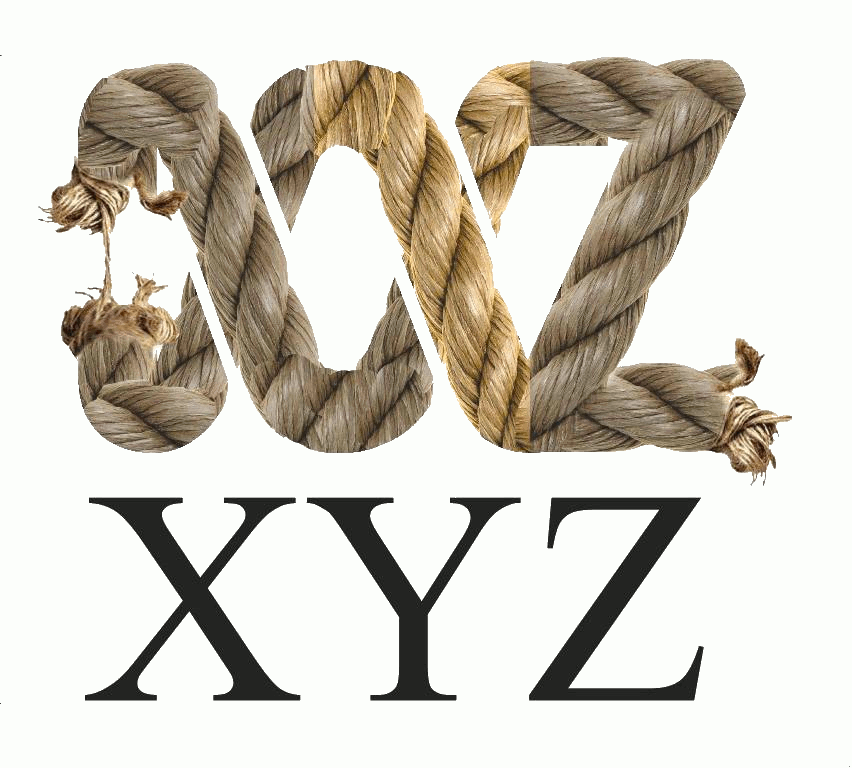I find it startling how mainstream tattoos have become in just the last few years.
I remember that up until the late 1990s, tattoos were the choice tribal and identity markers for those on the edges of polite society, namely– bikies, sailors and inmates.
on the edges of polite society, namely– bikies, sailors and inmates.
Middle class people simply did not get tattoos because of their powerful anti-social and lower-class connotations.
In professional work environments until quite recently, it was not acceptable for workers to have visible tattoos. And the few men who did have one (and it was only men) would need to have it covered while at work.
But now, sporting a tattoo seems to be the latest fashion accessory – the more visible, the more dramatic, the better, especially amongst younger urban, middle class types.
According to a poll taken last year, one in five Americans have at least one tattoo. People under the age of 45 are twice as likely as those 45 and older to have one.
What’s more, it is not only men that are getting tattoos. Incredibly, women are now more likely than men to get ink done. In fact, nearly half of the women under the age of 35 polled have at least one tattoo, almost double that of their male counterparts (47 per cent to 25 per cent).
In less than two decades, tattoos have gone from being the marker of the hardest men on the edge of society, to being the fashion accessory of the urban middle class, especially women.
What is behind this massive cultural change and the spectacular rise in the tattoo?
One correlation with the startling rise of the tattoo is the dramatic decline of organised religion and civic organisations (although their decline started much earlier).
It could be that the tattoo has been adopted as the ‘marker’ of choice to find and give expression to meaning and identity for the younger generations, filling the void left by organised religion.
Ironically, for many people the decision to get a tattoo has been made on the basis of individuality and personal expression, yet they have become such a powerful fashion symbol that they seem to be a compulsory accessory for Australian’s inner city urbanites. Has the tattoo lost its meaning as a marker of rebellion and become a symbol of conformity?
To get a tattoo is a personal choice. There are certainly many tattoos that I admire, and I must admit I would be tempted to get one (if they weren’t so common).
So it’s still an open question: What is behind the rise of the tattoo?
My suggestion is that this is one attempt to find meaning and identity in a universe that, for many moderns, has become meaningless.
Do you have a tattoo, or an opinion on the rise of the tattoo?
Please share with us your thoughts in the comments section.



